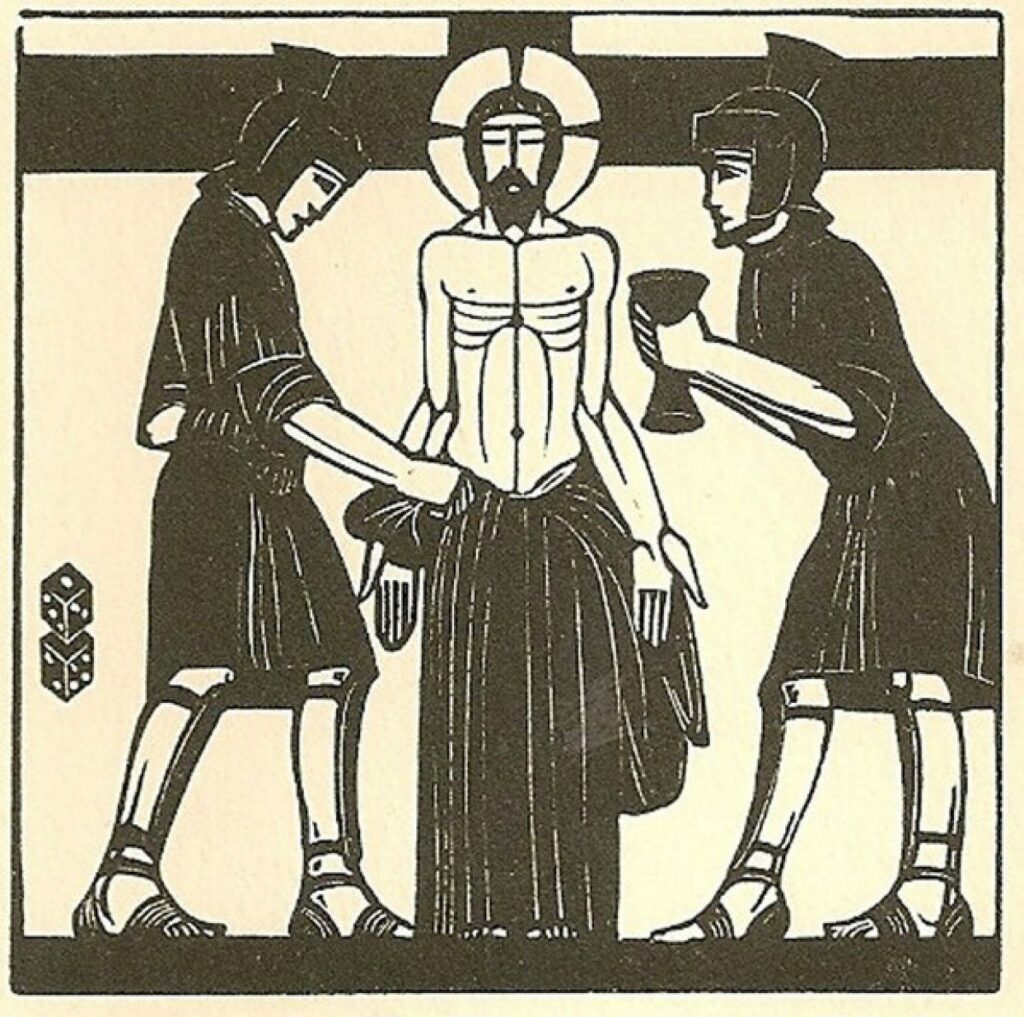
The threefold Gospel cycle of our lectionary gives us the opportunity to hear our Lord’s passion in a new voice each year. This year the voice is St. Luke’s. The passion of Luke is the longest of the synoptics and the voice of Jesus is heard more often as well. If one chants it in Holy Week, it is perhaps the best account for multiple voices. You can download my notation of the text (thank you to Henry Gerike for engraving this for me several years ago). If interested you can take a look at my earlier post on how I’ve gone about chanting the passion over the years.
The length of Luke’s passion narrative is somewhat typical of his entire approach through our Lenten season–Luke brings us on a long journey alongside Jesus. From 9:51 onward Jesus is a pilgrim of the Holy City: “When the days drew near for him to be taken up, he set his face to go to Jerusalem.” Some scholars have questioned the notion of a “Lukan travel narrative” since Jesus can be found afterwards in Samaria, Bethany, between Samaria and Galilee and then Jericho. If Jesus is continually heading toward Jerusalem, this is certainly not the most direct route! But the completion of his long odyssey–his homecoming–is also unexpected and circuitous, an exodus that must first pass through bloody sweat and women’s tears. The long wandering road to Zion and the promised kingdom, must first enter through the desert of death–the cross before paradise and the promise land.
I have always liked the old daily lectionary from TLH–especially in Lent. Whoever put this together grasped these connections between the journey of Jesus and God’s people. For the first several weeks of Lent, the assigned daily readings are from Luke (beginning with chapter 9:28-62) and are paired with the wanderings of Israel in Numbers. Like the journey of ancient Israel, one can get impatient with the monotony and hardships of life so that it all seems almost aimless, purposeless. But we who have seen a glimpse of the promised land in the resurrection of Jesus know that the journey is not in vain. We can have patience (patientia) because suffering (passio) is not the end of the journey. It is Life. After all, the end of Luke is only about the things that Jesus began to do and teach.

Leave a Reply
You must be logged in to post a comment.